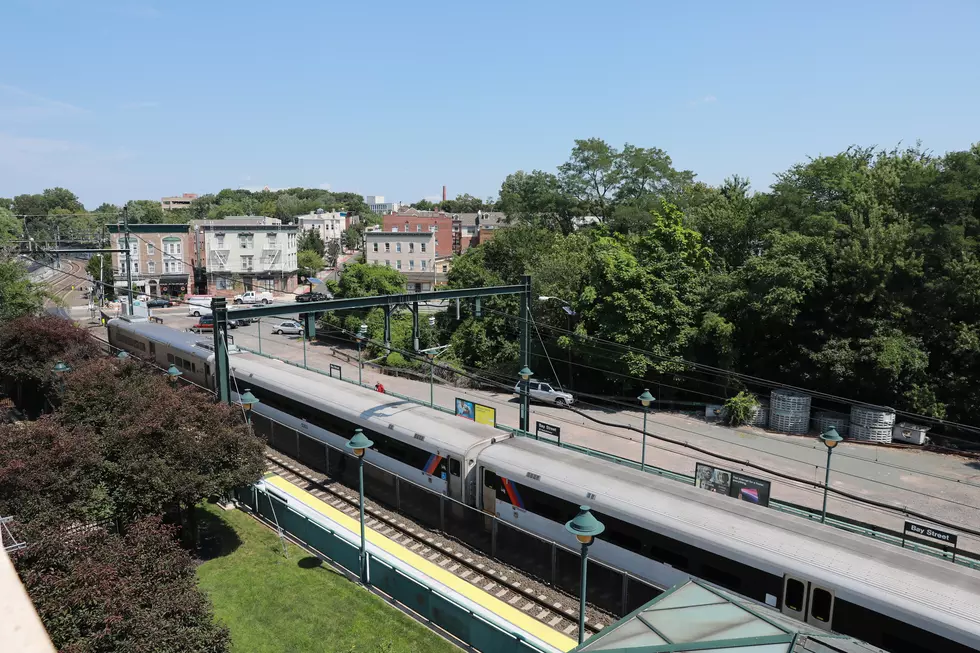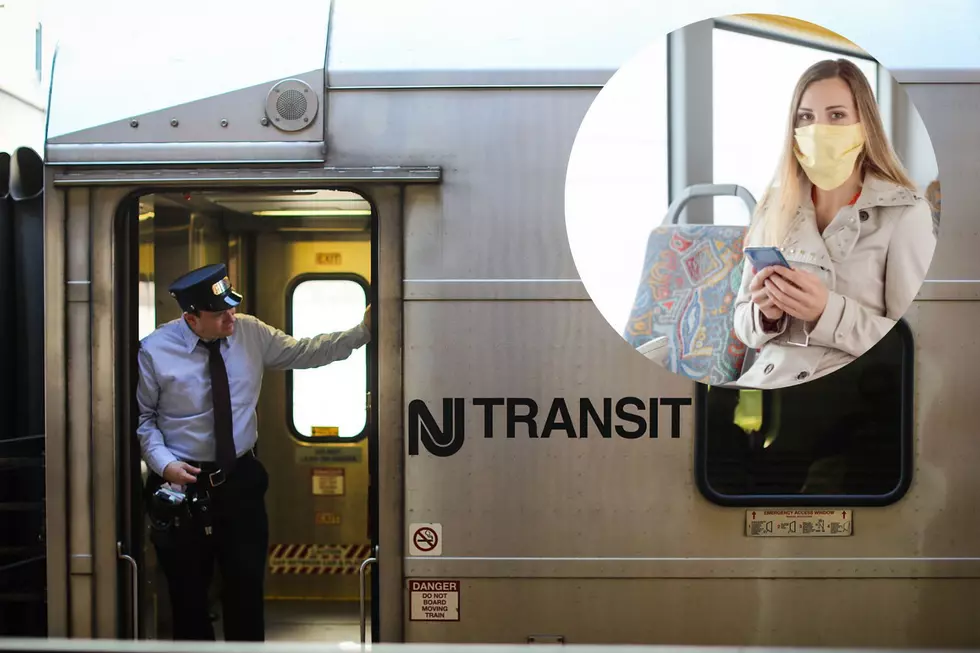
NJ Transit fare hikes unlikely ‘for next few years’
TRENTON – Between federal funds flowing from three rounds of coronavirus aid and a growing pool of money deriving from New Jersey Turnpike Authority toll increases, fares aren’t likely to increase on NJ Transit for the next few years, according to the head of the agency.
Kevin Corbett, NJT’s president and chief executive officer, told the Assembly Budget Committee at a Monday hearing that the projection of maintaining current service levels through fiscal 2024 also counts on a gradual comeback in ridership that’s underway already.
“That should allow us if the other state funding is stable and ridership predictably returns as we see it – we have conservative estimates – but if there’s no fourth wave or something like that, then we should be all right for the next few years without a fare increase,” Corbett said.
Corbett said the agency is anticipating that ridership will return to 60% of pre-COVID levels by the end of this year and around 75% next year. He said it is tied to vaccination rates and the likelihood that schools and businesses will reopen more fully in September.
Total resources for NJ Transit in fiscal 2022 are proposed to reach a record $2.65 billion, a 9% increase compared to the current year, helped greatly by federal reimbursements of qualified operating costs.
“Beyond the financial assistance, the governor’s fiscal year 2022 proposed budget, which includes a significant increase in Turnpike funding, lays out a path to more consistent, sustainable and reliable funding for NJ Transit,” Corbett said.
NJ Transit would still spend $362 million next year from its capital budget on preventative maintenance that should come from its operating budget, though that is down from $461 million this year.
Transportation Commissioner Diane Gutierrez-Scaccetti said “the real key” to NJ Transit’s future finances will be the money coming from the Turnpike Authority - $325 million in fiscal 2022 and growing eventually to $525 million a year.
The amount of Turnpike funds that will be available in fiscal 2023 will balloon to $746 million, as the annual installment will be supplemented by money from 2021 and 2022 that was put into reserve.
“People talk about finding a dedicated funding source. I certainly think that is one of them,” Gutierrez-Scaccetti said. “And I think it will be a big help to Transit as they recover and they start to see their passengers come back and their ridership revenues go up.”
“It’s everything we promised to do, making sure that Transit gets every penny of the toll revenues that we promised to them when we did the toll hearings. And hopefully that will again help them to reduce their reliance on a capital-to-operating transfer and over time have that diminish.”
Gutierrez-Scaccetti said the use of Turnpike toll money for NJ Transit isn’t a diversion.
“You run a full transportation system in New Jersey. You run roads, bridges, buses, trains. You’ve got ports and airports. It’s a busy state. And we run fiscally constrained capital programs,” she said. “But if we don’t all work together, if we don’t look at this system holistically, we have no chance of being successful.”

Gutierrez-Scaccetti said the $82 million transfer of Clean Energy fund money to NJ Transit should continue, given that the money helps the agency meet demands for electric bus and train service and a standalone electric grid.
“When it started, it might have been more of a diversion. Today I would say it’s more of a subsidy,” she said. “… We actually will use Clean Energy money now to create clean energy with our buses.”
Michael Symons is State House bureau chief for New Jersey 101.5. Contact him at michael.symons@townsquaremedia.com.
NJ towns that actually cut property taxes in 2020
LOOK: The Most Famous Actor Born Every Year
More From New Jersey 101.5 FM









